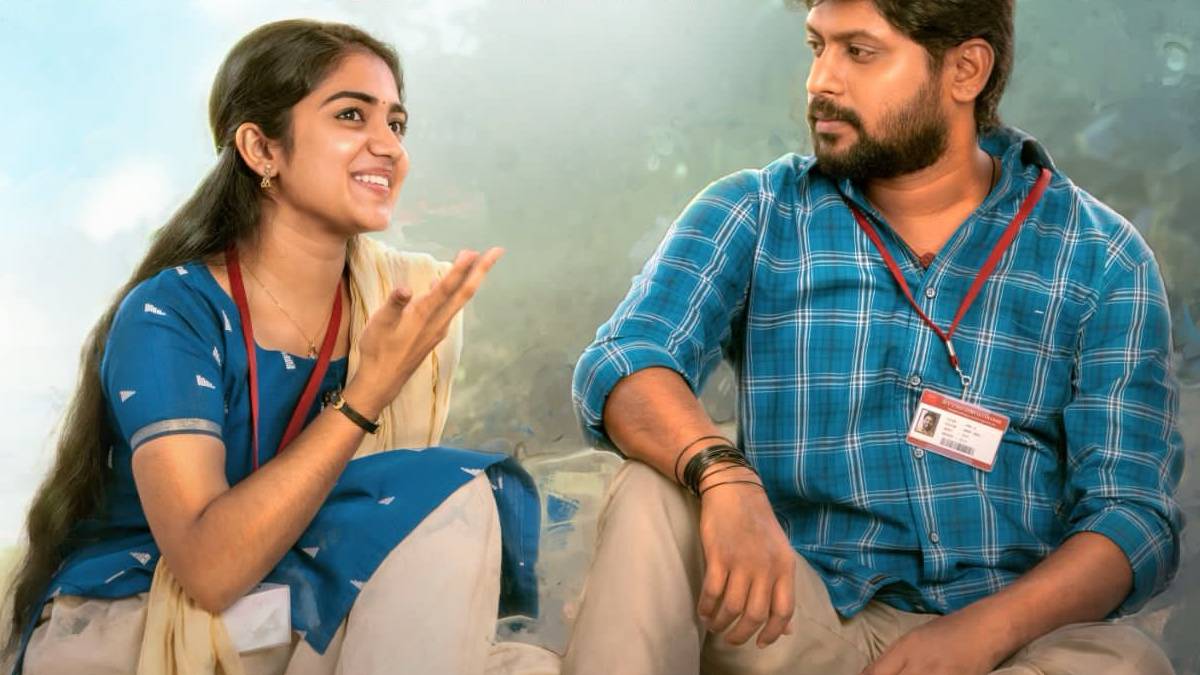In an era dominated by digital streaming and on-demand entertainment, how do platforms like Moviesda and others navigate the complex landscape of movie distribution, especially in the context of Tamil cinema?
The quest for instant access to the latest cinematic releases has led to the rise of numerous online platforms, but the legal and ethical dimensions of their operations often remain shrouded in ambiguity. The allure of readily available content, from the latest 2025 Tamil movies to classic favorites and web series, is undeniable. Websites like Moviesda, with their offerings in 720p and 1080p HD quality, have become magnets for audiences seeking instant gratification. But are these platforms simply providing a service, or are they crossing the line into piracy and copyright infringement? This article will delve into these questions, examining the ecosystem of online movie distribution, its impact on the film industry, and the legal considerations involved.
To understand the complex relationship between viewers and online platforms, it's helpful to examine the offerings. Moviesda, for example, showcases a wide array of Tamil films. Titles such as "Payanigal Gavanikkavum," "Koogle Kuttappa," "Manmatha Leelai," "Ayngaran," "Selfie," "Nedunalvaadai," and "Cinderella," among others, are readily available for download or streaming. The platform also promises access to the latest 2025 releases, along with classic Tamil movies and web series. Similarly, sites like Isaimini offer extensive selections across various languages, including Telugu, Malayalam, and Kannada, all in HD quality. However, with this ease of access comes the shadow of legality.
The proliferation of websites offering free downloads raises serious concerns about copyright infringement. Films are the result of significant investment and creative effort, and their distribution without proper authorization deprives the creators of their due revenue. While many consumers may be unaware of the legal ramifications, downloading pirated movies can have serious repercussions. The content offered by sites like Moviesda often skirts the edge of the law, operating in a legal gray area. The availability of pirated content undermines the entire film ecosystem, affecting not only producers and distributors but also the livelihoods of countless individuals involved in the filmmaking process. One such movie that has been discussed is Maruthu (2016), the ease of availability of this movie can be viewed in different platforms, some with full download and some with hd quality.
The advent of streaming services like aha represents a move towards legal and authorized content. Aha offers viewers the opportunity to watch and enjoy the latest Tamil movies, including titles like "Sardar." These platforms adhere to copyright laws and provide a sustainable ecosystem for filmmakers. These streaming services provide a legitimate option for fans to enjoy the latest films while also supporting the movie industry. By choosing these options, consumers contribute to the growth of the film industry, ensuring that filmmakers can continue to create quality content.
The user experience is another aspect to consider. Platforms like Moviesda may offer content in various formats, including 720p and 1080p HD, which cater to different internet speeds and device capabilities. However, the download process can be riddled with intrusive advertisements, pop-ups, and potential malware threats. The reliance on these types of advertising models is a trade-off for the free content, but it also exposes users to significant risks. The design of these websites is often far from user-friendly, with complex navigation and a lack of clear information about the content's legality. They also provide the latest news and updates through Telegram channel, to make it easier to be aware about the latest releases.
Moreover, the discussion surrounding the availability of movies highlights the important role of technology in both facilitating and challenging the distribution of content. Software such as AceThinker Mirror allows users to project their mobile screens to their computers via USB cable or Wi-Fi. This feature, while useful for some purposes, could also be used to share and disseminate copyrighted content. The battle for control over content in the digital age highlights the need for innovation, legal clarity, and consumer awareness.
The popularity of these websites also poses a significant challenge to the Tamil film industry. The ease with which people can access pirated content reduces the number of people who would purchase movie tickets or subscribe to legitimate streaming services. This directly impacts the financial success of films, and the overall health of the film industry. The consequences are often significant. The availability of pirated content undermines the economic model of filmmaking, and also hampers the creative process. Film producers invest in a product, and piracy has a huge effect on it. These negative consequences lead to the decline in quality, investment, and the overall film production. The issue with the availability of these free content platforms does not only harm the legal sector but also influences the creative sector.
The concept of justice, vengeance, and redemption has been recurring themes in films, and this aspect in films have been proven to capture the hearts of audiences worldwide. While the availability of pirated content provides an instant gratification to a viewer, it can have a great effect on the overall growth of the film industry. The choice to support legal platforms ensures that filmmakers can keep creating content. The future of Tamil cinema is closely tied to how viewers and content providers react to the evolution of digital distribution. The legal channels, like aha, offer a secure, easy way for movie lovers to watch their favorite movies and web series.
A look into the role of technology is important, as it continues to evolve, it will play a huge role in how content is consumed and protected. The film industry must adapt to the advancements. The success of Tamil cinema depends on finding a harmony between technological innovation and the protection of the creative process.
In conclusion, the growth of online platforms offering Tamil movies presents a complex dilemma. The advantages, such as ease of access and a wide variety of content, are pitted against the dangers of piracy and the need to protect the film industry. By recognizing the legal and ethical implications of online content, consumers can make informed choices. Supporting legitimate streaming services and understanding the importance of copyright are essential steps in ensuring the future growth of Tamil cinema. The Tamil film industry will be shaped by how viewers use and support online content.
| Category | Details |
|---|---|
| Movie Title | Maruthu (2016) |
| Release Date | May 2016 |
| Genre | Action, Drama |
| Director | Muthaiah |
| Main Cast |
|
| Where to Watch (Legally) | This information is subject to change. Please check official streaming platforms like Aha or other licensed providers. |
| Availability | HD (720p, 1080p) downloads are available on illegal platforms. |
| Synopsis | Maruthu, a young man, faces challenges and conflicts in his village. The movie explores themes of family, revenge, and justice. |
| Note | Accessing or downloading movies from illegal sources may violate copyright laws. Watch movies legally through authorized platforms. |
Disclaimer: The details above are for informative purposes. We encourage the user to watch movies legally through authorized platforms.



Detail Author:
- Name : Ephraim Jerde
- Email : rowe.lupe@hotmail.com
- Birthdate : 1974-10-02
- Address : 767 Beau Burgs Apt. 031 Nitzscheside, OR 70955-5781
- Phone : +16306329782
- Company : Hartmann, Dooley and Tillman
- Job : Operations Research Analyst
- Bio : Eos reiciendis asperiores aliquid omnis nobis veritatis ut occaecati. Dolorum animi repellendus quod dicta corrupti tempore est et. Quasi et consequatur consequuntur labore sit est.